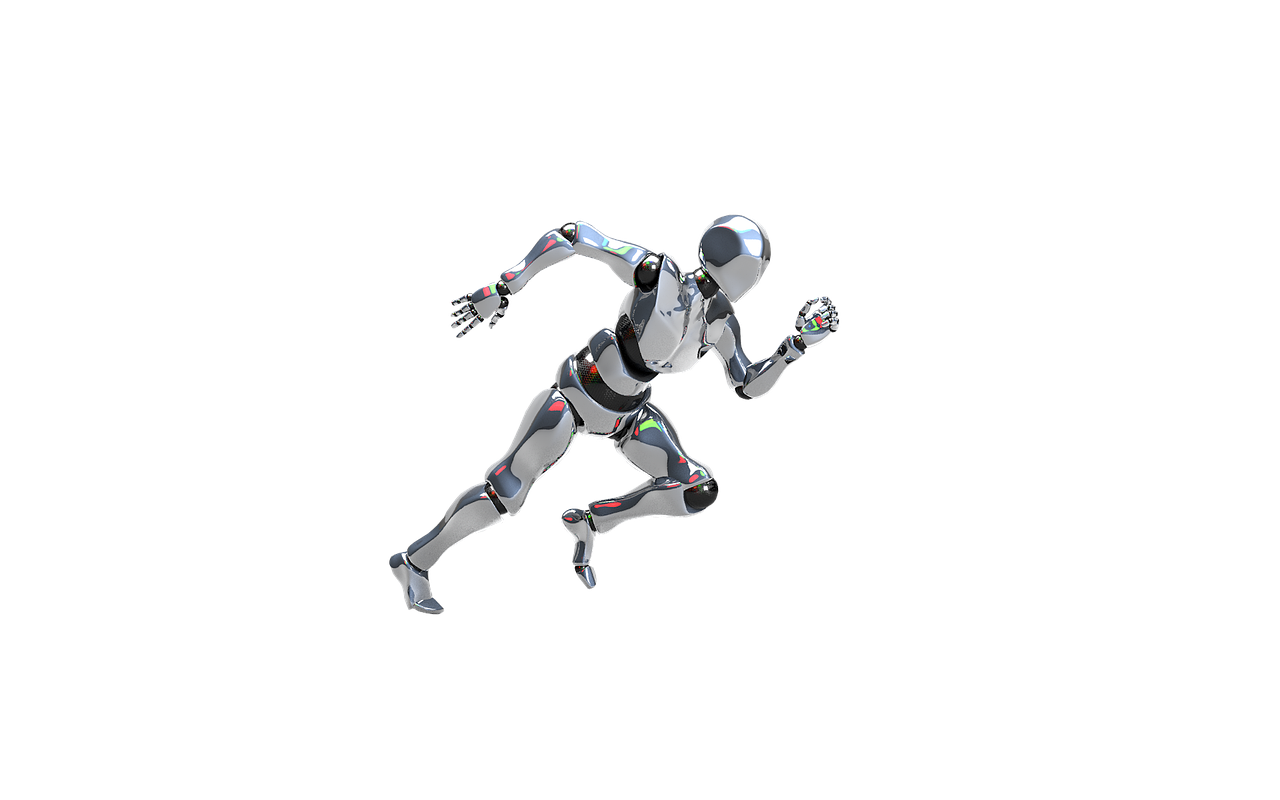Google Antitrust Lawsuit Examines Impact of Generative AI on Online Search Market

Brief news summary
In a pivotal antitrust case against Google, U.S. District Judge Amit Mehta is assessing how emerging generative AI technologies might reshape the online search market. The Department of Justice challenges Google's dominance, targeting its exclusive deals with major device and browser makers like Apple and Samsung, which allegedly stifle competition and innovation. Google argues that its search popularity stems from quality and distinguishes generative AI tools from traditional search engines. Nonetheless, the DOJ is pushing for strong remedies, including the potential forced sale of Google’s Chrome browser, to restore market competition. Judge Mehta’s ruling, anticipated by August, could be appealed and will set an important precedent for regulating tech giants amid rapid AI advancements. This case underscores the challenges in applying antitrust laws as technology evolves, with outcomes poised to influence future digital market regulations and AI integration.In the closing phase of a significant antitrust lawsuit against Google, U. S. District Judge Amit Mehta is thoughtfully evaluating how emerging generative artificial intelligence (AI) technologies might transform the online search market. This lawsuit, initiated by the Department of Justice (DOJ), contests Google's long-standing dominance in the search engine sector and examines whether recent technological changes could shift the competitive landscape. During closing arguments, both the DOJ and Google articulated their positions while Judge Mehta inquired about the possible effects of new AI advancements on the search market. The judge sought detailed insights on whether new competitors, using generative AI innovations, could feasibly challenge Google's firmly established position. The DOJ criticized Google's extended control over the search market, arguing it has remained largely stable for nearly twenty years. According to the DOJ, a crucial factor in Google’s dominance is exclusive distribution agreements with major browser and device makers like Apple, Samsung, and Mozilla. These contracts reportedly guarantee Google Search preferred placement and access, effectively restricting competition and limiting consumer choice. The DOJ characterized this setup as a major barrier that suppresses innovation and preserves Google’s monopoly. Conversely, Google’s legal team defended their position by stressing user preference. They claimed that consumers choose Google Search and the Chrome browser mainly because of superior quality, search accuracy, and user experience—not due to monopolistic behavior. Furthermore, Google’s lawyers emphasized that generative AI tools, which have recently garnered significant attention, should not be equated with traditional search engines.
They contend these AI-powered products operate differently and do not directly compete with core web search services. Google’s defense centered on portraying AI’s development as a technological evolution rather than proof of anticompetitive actions. Despite this defense, a DOJ official suggested that substantial interventions may be required to restore a competitive market. One proposed measure includes the possible divestiture of Google’s Chrome browser, aiming to break Google’s control over search distribution channels and enable competitors to gain ground. Judge Mehta’s decision on suitable remedies is anticipated by August. Given the high stakes and technological complexities, Google’s legal team is ready to appeal if the court concludes that Google’s conduct constitutes a monopoly. This lawsuit represents a pivotal moment in antitrust enforcement, coinciding with Google’s strategic pivot from traditional web search towards AI-driven products and tools. The case highlights how technological progress like generative AI complicates regulatory efforts. As AI continues to advance and shape internet search behavior, regulators and courts face the challenge of crafting competition policies that accommodate rapid innovation while protecting fair market conditions. This landmark suit against Google may set critical precedents regarding the regulation of major tech companies in the AI era. Its outcome is likely to impact not only Google’s future business strategies but also broader industry standards concerning competition and consumer choice in digital markets. Observers keenly await Judge Mehta’s ruling, aware of its potential to influence the future dynamics of online search and the integration of artificial intelligence.
Watch video about
Google Antitrust Lawsuit Examines Impact of Generative AI on Online Search Market
Try our premium solution and start getting clients — at no cost to you

I'm your Content Creator.
Let’s make a post or video and publish it on any social media — ready?
Hot news

15 Ways Sales Has Changed This Year in the Age of…
Over the last 18 months, Team SaaStr has immersed itself in AI and sales, with a major acceleration starting June 2025.

OpenAI's GPT-5: What We Know So Far
OpenAI is gearing up to launch GPT-5, the next major advancement in its series of large language models, with the release expected in early 2026.

AI in SEO: Transforming Content Creation and Opti…
Artificial intelligence (AI) is swiftly reshaping the field of content creation and optimization within search engine optimization (SEO).

AI Video Conferencing Solutions Improve Remote Wo…
The shift to remote work has highlighted the crucial need for effective communication tools, leading to the rise of AI-powered video conferencing solutions that enable seamless collaboration across distances.

AI In Medicine Market Size, Share, Growth | CAGR …
Overview The Global AI in Medicine Market is forecasted to reach approximately USD 156

Google's Danny Sullivan & John Mueller On SEO For…
John Mueller from Google hosted Danny Sullivan, also from Google, on the Search Off the Record podcast to discuss "Thoughts on SEO & SEO for AI

Lexus takes generative AI for a spin in new holid…
Dive Brief: Lexus has launched a holiday marketing campaign created using generative artificial intelligence, according to a press release
AI Company
Launch your AI-powered team to automate Marketing, Sales & Growth

and get clients on autopilot — from social media and search engines. No ads needed
Begin getting your first leads today








